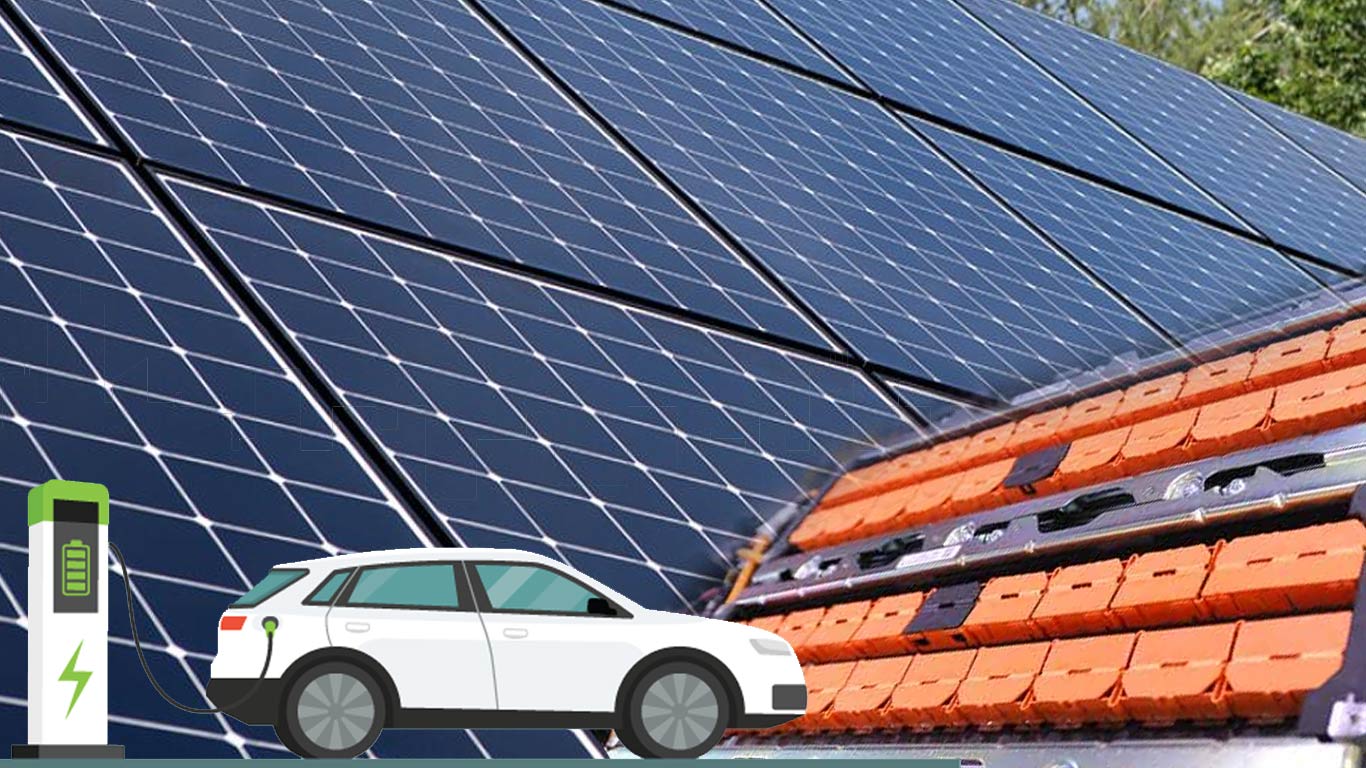India & China Compete For Seabed Minerals Critical To EVs & Solar Panels
Updated: May 21, 2024 05:09:57pm

India & China Compete For Seabed Minerals Critical To EVs & Solar Panels
New Delhi, May 21 (KNN) India and China are engaged in an underwater exploration race to secure access to critical mineral resources found on the seabeds of the Indian Ocean.
These minerals, such as cobalt and manganese, are essential components in the production of batteries for electric vehicles and solar panels, two rapidly growing industries, reported TOI.
Recent reports indicate that India has applied to the United Nations' International Seabed Authority (ISA) for licenses to explore the Carlsberg Ridge and Afanasy-Nikitin Seamount regions of the Indian Ocean.
Chinese interests have also been expressed in surveying the area for mineral deposits, heightening the strategic importance for India.
"We are aware that China and other countries are also eyeing these regions. So, for us, it is not only about mineral resources but also about strategic importance," stated M. Ravichandran, Secretary of India's Ministry of Earth Sciences.
India currently holds two exploration licenses in the Indian Ocean, granted by the ISA in 2002 and 2016 respectively. The first permits surveying for polymetallic nodules in the central Indian Ocean, while the second allows for exploration of polymetallic sulphides at the Rodriguez Triple Junction near Mauritius.
According to the National Institute of Oceanography, only about 300,000 square kilometers of the 71 million square kilometer Indian Ocean region have been comprehensively mapped since the 1980s.
These surveys have identified around 150,000 square kilometers containing polymetallic nodules rich in manganese, nickel, cobalt, copper, and iron hydroxide.
"In the 1980s, we recruited scientists to study polymetallic nodules in the Indian Ocean with the hope that one day there will be technology to explore these regions," said Sunil Kumar Singh, Director of the National Institute of Oceanography.
India has initiated preliminary test mining activities within an 18,000 square kilometer area of its Central Indian Ocean claim, developing extraction technologies while assessing potential environmental impacts.
Researchers estimate this area holds 380 million tonnes of polymetallic nodules, including 1.5 million tonnes of cobalt reserves.
With accelerating global demand for critical minerals and India heavily reliant on imports, unlocking deep-sea mineral reserves in the Indian Ocean has taken on an increasing strategic importance for the nation's industrial ambitions and resource security.
However, the emergence of rival claimants like China raises economic and geopolitical stakes in this uncharted frontier.
(KNN Bureau)











